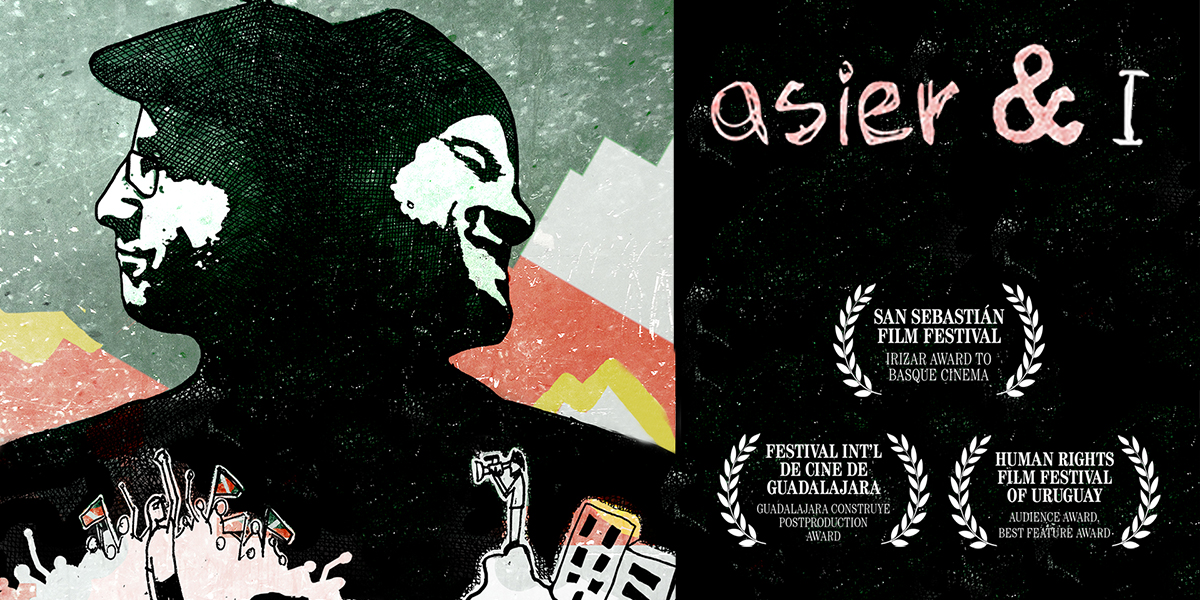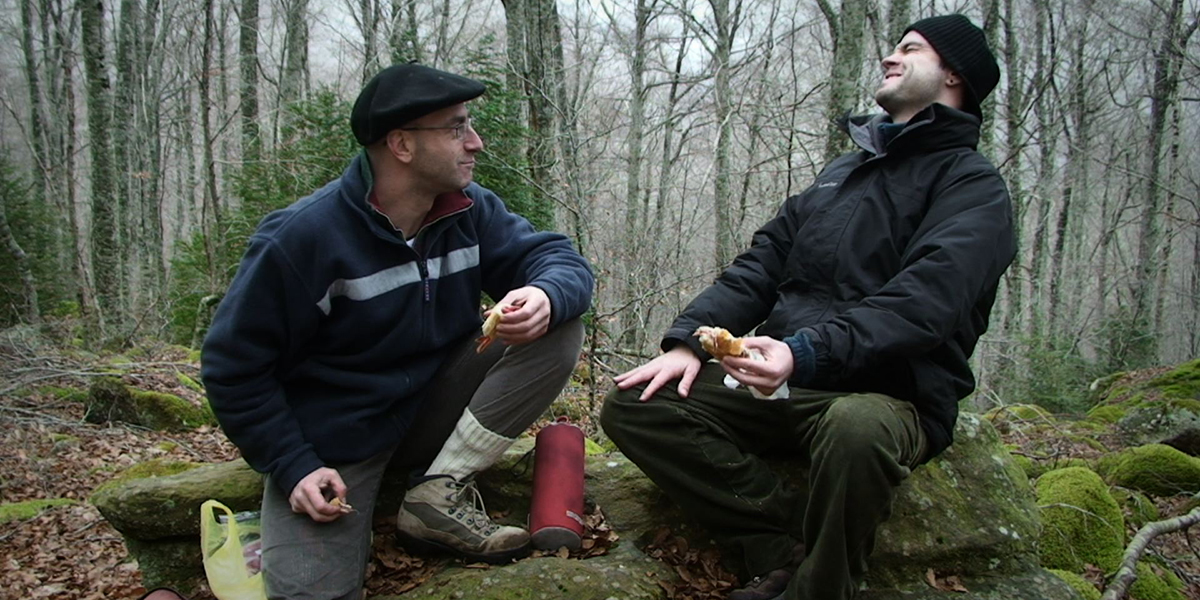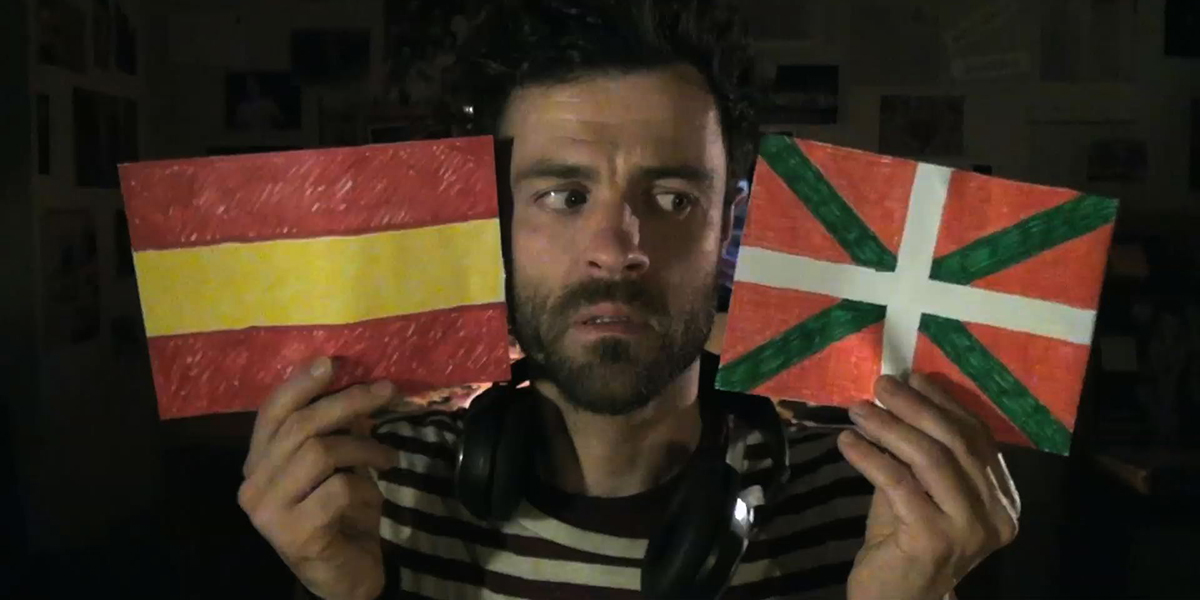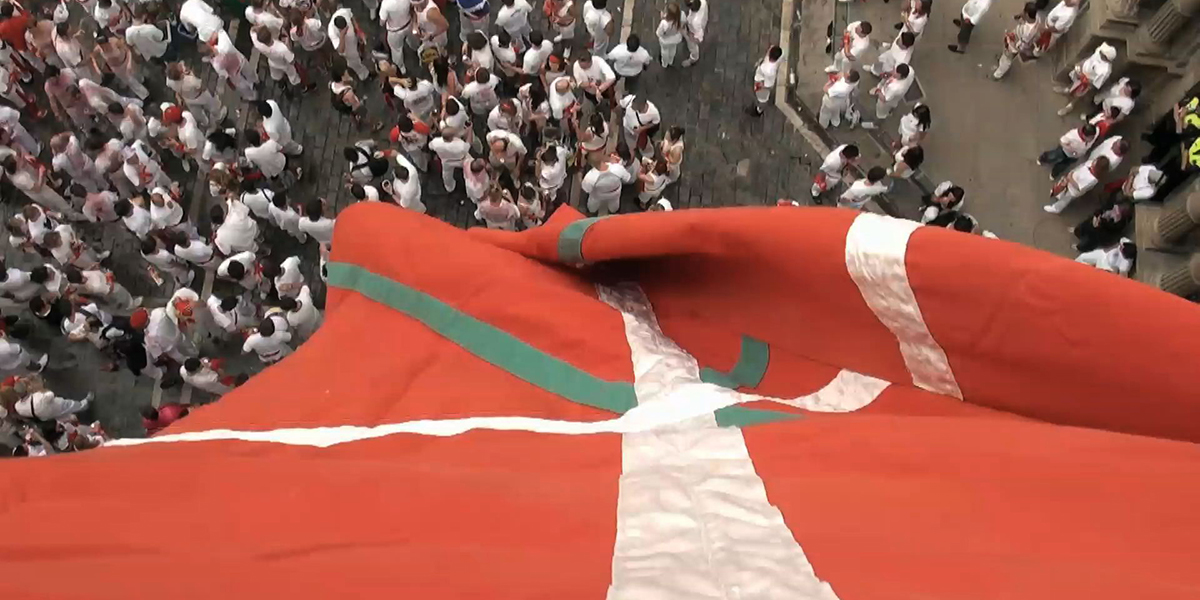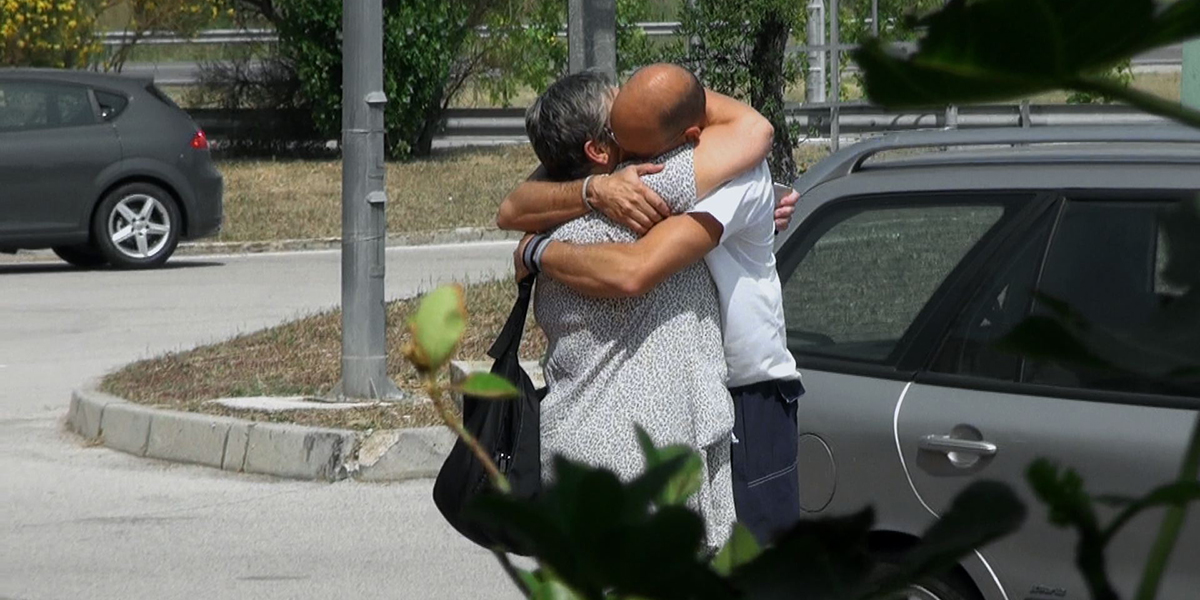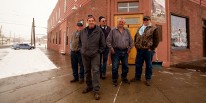Asier and I tells the story of the friendship between Aitor and Asier Aranguren from their time growing up together in the conflict-affected and politicized eighties of the Basque Country. Eventually, Aitor moved to Madrid to pursue his dream of becoming an actor, and Asier joined the terrorist group ETA. Years later, Asier was arrested and interned in a French prison, where he was detained for eight years.
When Asier was released in 2010, Aitor wanted to recover his relationship with his childhood friend and try to understand what could have led to him to join ETA, so he went to his release in France with a camera in order to tell this story.
Beyond the story of Asier, Aitor, and the Basque conflict, the film raises universal questions: can we justify blood crimes on the name of an ideal? Can friendship transcend ideology and political extremism?
Narrated with humor and cinematographic devices such as direct address, Asier and I does an excellent job at keeping the spectator engaged throughout the film. The documentary remained in Spanish theaters for an impressive four months.
